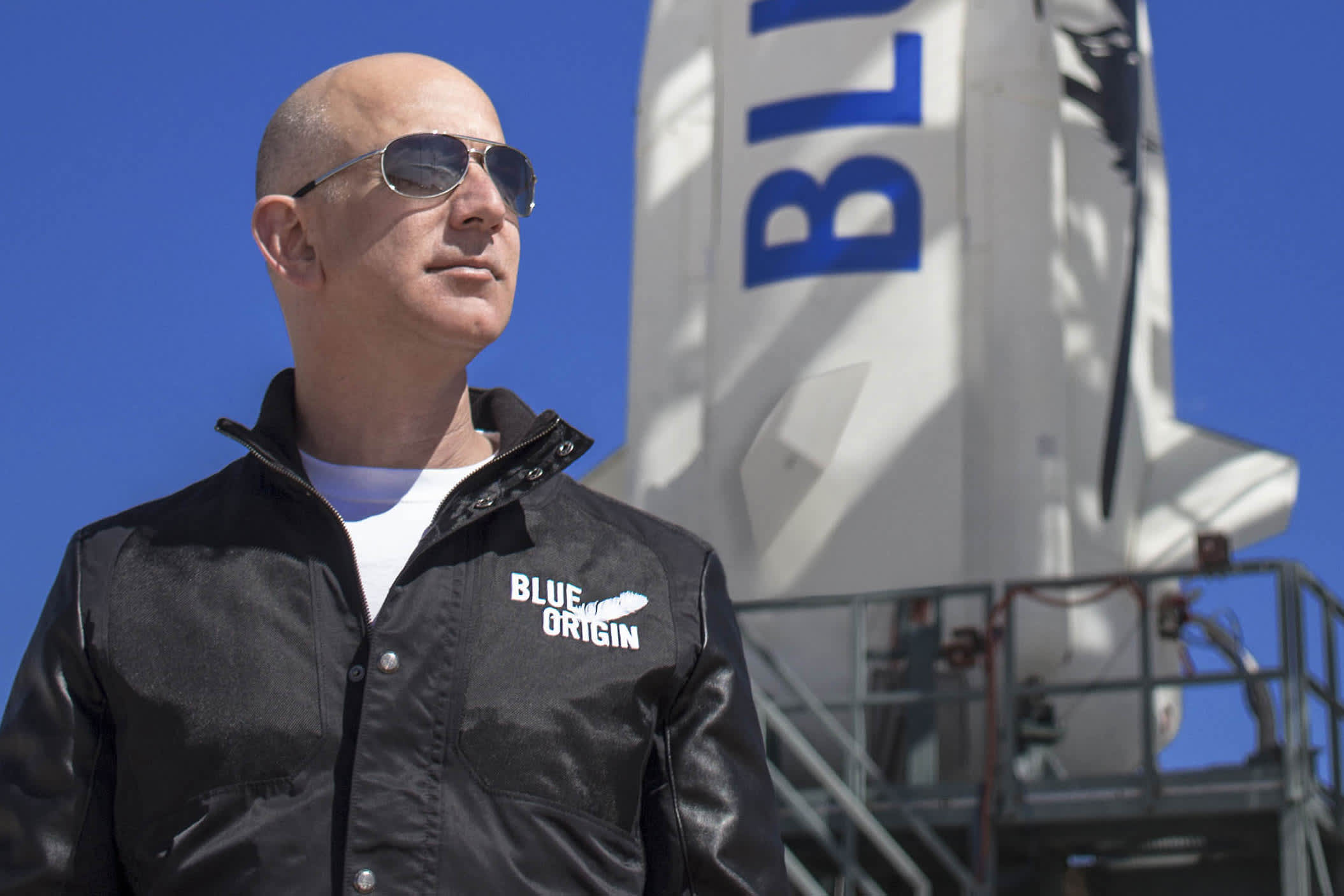Amazon plans to launch its first internet satellites in late 2022
A rendering of ABL Space’s RS1 rocket launching Project Kuiper satellites for Amazon.
Amazon
Amazon aims to launch its first Project Kuiper internet satellites in the fourth quarter of 2022, the company announced Monday.
The technology giant filed a request with the Federal Communications Commission to launch and operate its first two prototype satellites, called KuiperSat-1 and KuiperSat-2. Amazon said the satellites will launch with ABL Space on its RS1 rocket.
“We’ll soon be ready to see how [the satellites] perform in space,” Amazon vice president of technology Rajeev Badyal said in a statement. “There is no substitute for on-orbit testing, and we expect to learn a lot given the complexity and risk of operating in such a challenging environment.”
Project Kuiper is Amazon’s plan to build a network of 3,236 satellites in low Earth orbit to provide high-speed internet to anywhere in the world. The FCC last year authorized Amazon’s system, which the company says it plans to “invest more than $10 billion” in Kuiper. Early service from Kuiper is set to begin once Amazon has 578 satellites in orbit.
Amazon last week announced a partnership with Verizon, to collaborate with the telecom giant in the increasingly competitive field of high-speed satellite internet.
Kuiper is poised to go toe-to-toe with SpaceX’s Starlink network, which is the furthest along in the latest generation of broadband satellite systems. A variety of other networks are in various stages of development, including those of British-owned OneWeb, BlackRock-backed Astranis, satellite-to-smartphone specialist AST SpaceMobile, Lockheed Martin’s partnership with start-up Omnispace and Canadian satellite operator Telesat’s Lightspeed.
The Project Kuiper team has grown steadily at Amazon, which now has more than 750 people and “hundreds more” expected to be hired in the next year. Amazon built a 219,000 square-foot facility in Redmond, Washington to test and manufacture the satellites, and plans to add another 20,000 square-foot facility.
The prototype satellites
Launching and testing KuiperSat-1 and KuiperSat-2 a year from now represents one of the next major milestones in the development of Amazon’s system.
The pair of satellites are intended to test Amazon’s communications and networking infrastructure, connecting with the company’s ground stations based in Texas, South America and Asia-Pacific.
“KuiperSat-1 and KuiperSat-2 will include much of technology and sub-systems that power the production version of our satellite design – phased array and parabolic antennas, power and propulsion systems, custom-designed modems and more,” Amazon said in a blog post.
Amazon also plans to test early customer satellite dishes at the location in McCulloch, Texas. The company described the antenna as a “low-cost customer terminal” that will provide “reliable service at a more affordable price than legacy antennas,” having conducted early testing of prototype equipment late last year.
According to Amazon’s filing, the satellites are expected to connect to the Texas antennas for as long as four minutes, up to five times per day.
A Project Kuiper engineer sets up a a prototype antenna for a test.
Amazon
The impact of networks with hundreds or thousands of satellites on the night sky has been a topic of concern for systems like Kuiper. Similar to the “sun visors” that SpaceX added to Starlink satellites to reduce brightness, Amazon said one of the two prototype Kuiper satellites “will include a sunshade to help us understand whether it is an effective way to reduce reflectivity and thereby mitigate its impact on ground-based optical telescopes.”
“We will collect data to compare reflectivity between the two spacecraft, and share any learnings with the astronomy community following the mission,” Amazon said.
Additionally, to combat the risk of adding space debris in orbit, Amazon emphasized its Kuiper prototypes are designed to entirely burn up in the atmosphere at the end of their lifespan.
Another deal with a rocket builder
An RS1 rocket booster is shipped out of the company’s headquarters in El Segundo, California.
ABL Space
Amazon plans to send up the satellites on separate ABL launches, which will lift off from Cape Canaveral Space Force Station in Florida. The companies have been working together “for several months,” Amazon said, with two design reviews complete.
The Amazon missions add to ABL’s contract backlog, which the rocket builder says features 14 customers so far.
“Amazon will play a central role in the next generation of space infrastructure, and we’re proud to have been selected as a Kuiper launch partner, particularly for these critical early flights,” ABL CEO Harry O’Hanley said in a statement.
The deal with ABL is the second Amazon has signed with a launch provider, having earlier this year contracted United Launch Alliance for nine Kuiper launches.
For all the latest business News Click Here

